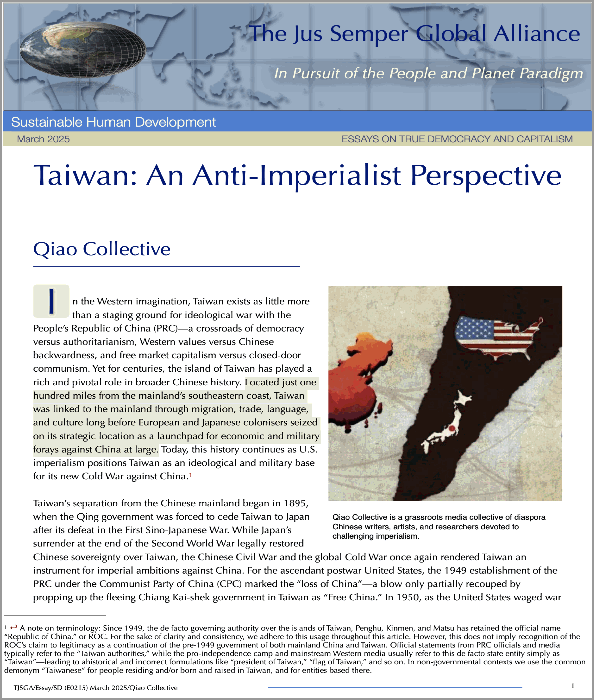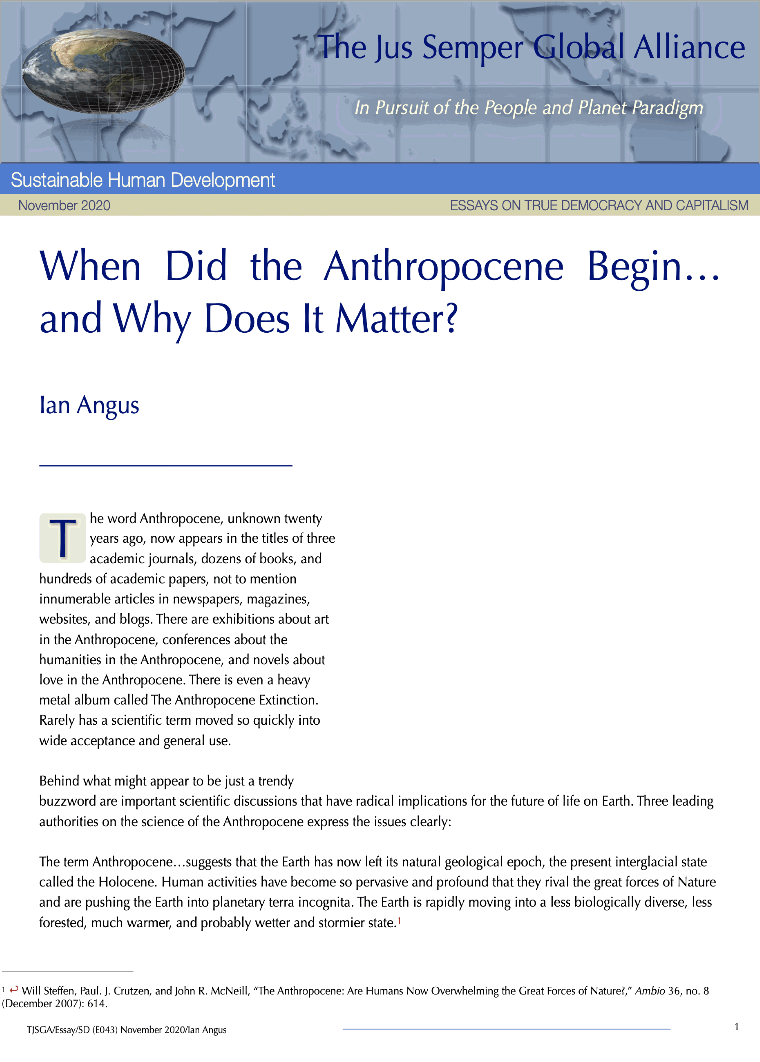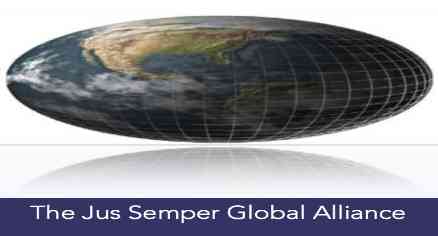In 1995, Paul Crutzen, then vice-chair of the International Geosphere-Biosphere Program (IGBP), received a Nobel Prize for showing that widely used chemicals were destroying the ozone layer in earth’s upper atmosphere, with potentially catastrophic effects for all life on Earth. In his Nobel acceptance speech, he said that his research on ozone had convinced him that the balance of forces on Earth had changed dramatically. It was now “utterly clear,” he said, “that human activities had grown so much that they could compete and interfere with natural processes.”3 Over the next five years that insight developed until, at an IGBP meeting in 2000, he argued that human activity had driven the earth into a new geological epoch, which he proposed to call the Anthropocene. Earth is currently operating in a no-analogue state. In terms of key environmental parameters, the Earth System has recently moved well outside the range of natural variability exhibited over at least the last half million years. The nature of changes now occurring simultaneously in the Earth System, their magnitudes and rates of change are unprecedented and unsustainable. A no-analogue state. Planetary terra incognita. Unprecedented and unsustainable. These phrases are not used lightly: the earth has entered a new epoch, one that is likely to continue changing in unpredictable and dangerous ways. There is a reciprocal process here. Examining social, economic, and political developments can help identify social changes that might have changed the Earth system, and determining when radical physical changes in the Earth system happened provides a basis for determining which human activities were responsible, and thus what measures humans might take to prevent the change from reaching catastrophic proportions. In this article I offer an overview of the issues and stakes in the “when it happened debate. For a full read of this essay, click here or on the picture to download the pdf file.
|

- © The Jus Semper Global Alliance
| Home |  | Resources |  | Economic Data |  | When Did the Anthropocene Begin… and Why Does It Matter? |


